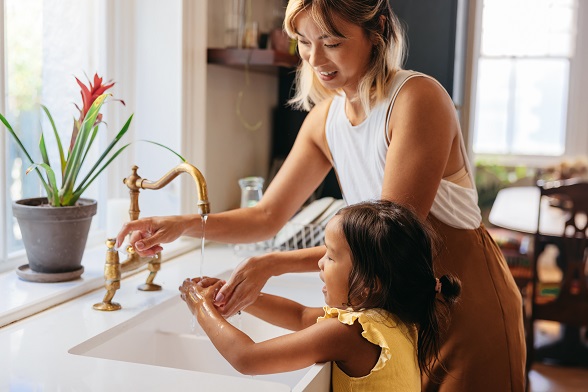It's Water-Saving Week, an annual event aiming to raise awareness of the issue of water use.
Many of our energy bills have increased due to the rise in the energy price cap since April 1, 2022 with the average direct debit default energy bill has increased by 54%, according to Action for Warm Homes. With 6.5million households estimated to be in fuel poverty since then, making simple changes to how we use water can help reduce any wastage and save money spent on energy, particularly through hot water use.
It's essential to recognise that every drop counts whether it's a leaking tap, one too many baths, or overfilling the kettle. So, making small changes to our every day habits can make a big difference.
Snub the tub
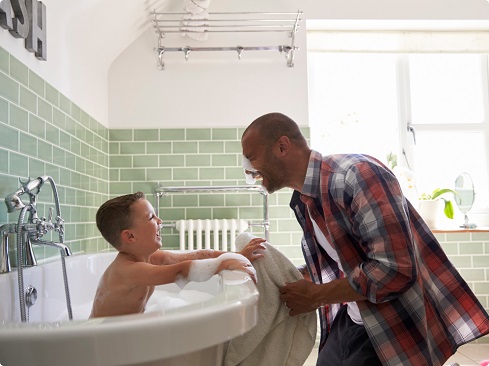
After a long day, a nice bath can be just the thing you need as a way to relax and unwind.
However, too many baths can prove to be costly. By swapping at least one bath a week for a five-minute shower, you’ll not only be saving water, but you may save money on both your water and gas bills too.
Replace your shower head
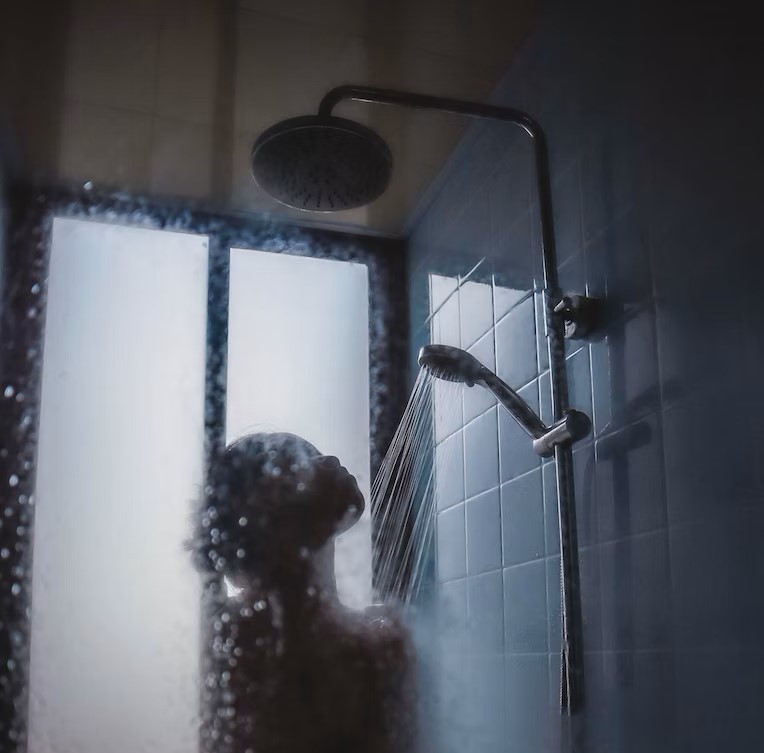
We may not think it ourselves, but it's important to replace your shower head every six to eight months, particularly if you live in a hard water area.
Hard water can cause sediment, mould and sometimes black spots can build up, becoming home to harmful bacteria.
Changing your shower head to a water-efficient one will help reduce the amount of water you use in the shower by regulating the flow and aerating the water.
A quick shower

It may seem simple, yet we can often forget how those extra few minutes in the shower often add up.
Start by spending one minute less in the shower each day, (a small change) that could make a big difference.
You can also, invest in a shower timer, so you don’t get too carried away and only shower for as long as you need to.
Turn off the taps
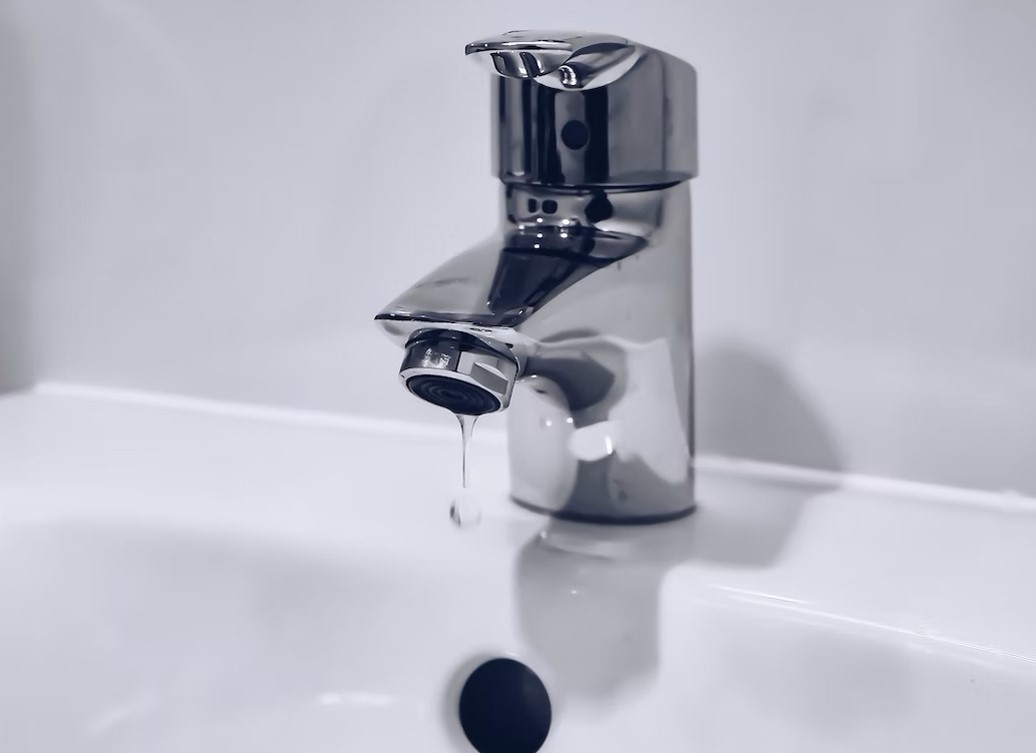
When brushing your teeth, shaving, or washing your hands or face, make sure to turn your tap off rather than leave it running.
Turning off your taps is one of the simplest ways that can contribute to saving water.
Even a dripping tap can amount to a bigger waste if it is leftover time. So, you may want to look into replacing your tap(s) if this problem persists.
Fill up your dishwasher
We're often guilty of running small washes for our dishes, however, only making the dishwasher half-full uses up a lot of water we may not realise.
To make sure you're getting the most out of the wash, make sure the dishwasher is loaded in full before switching it on for the cycle.
And don’t forget, you can pop it on an eco-setting (if your machine has one), for an even more efficient cycle.


Use a bowl when washing up
We may not all have a handy dishwasher to rely on or just have a few plates and cups in need of a quick clean.
Rather than leaving the tap running, invest in a sink bowl instead.
They're not only cost-effective but a great way to save water, so you can make sure that the tap stays off and that you have enough water in the bowl for the washing up you need to do.
Be careful with your cuppa
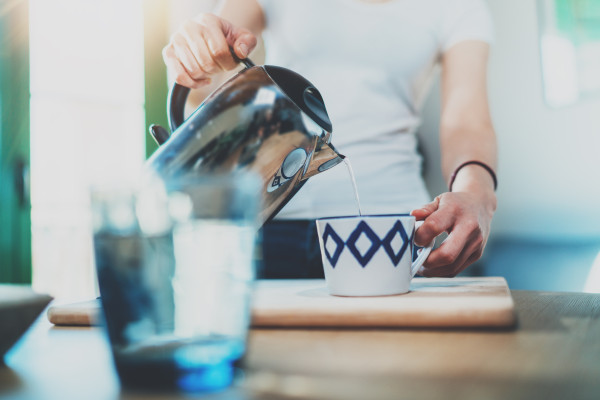
It can be a habit when going to make a cuppa, that we fill the kettle up until it is full. When actually, kettles don’t need to be filled all the way when making yourself a single cup of tea or coffee.
Pick out your favourite mug, fill it with water and then transfer that to the kettle. Not only will you save energy (and keep that electricity usage down) but your kettle will boil much quicker.
Adding some of these changes gradually to your routine may seem small to begin with but will make a bigger difference long term to your water usage and the pennies saved on your water and gas bills too.
If you found this article helpful, read our tips on how to save water with your laundry habits.
Our blog is loaded with more related articles
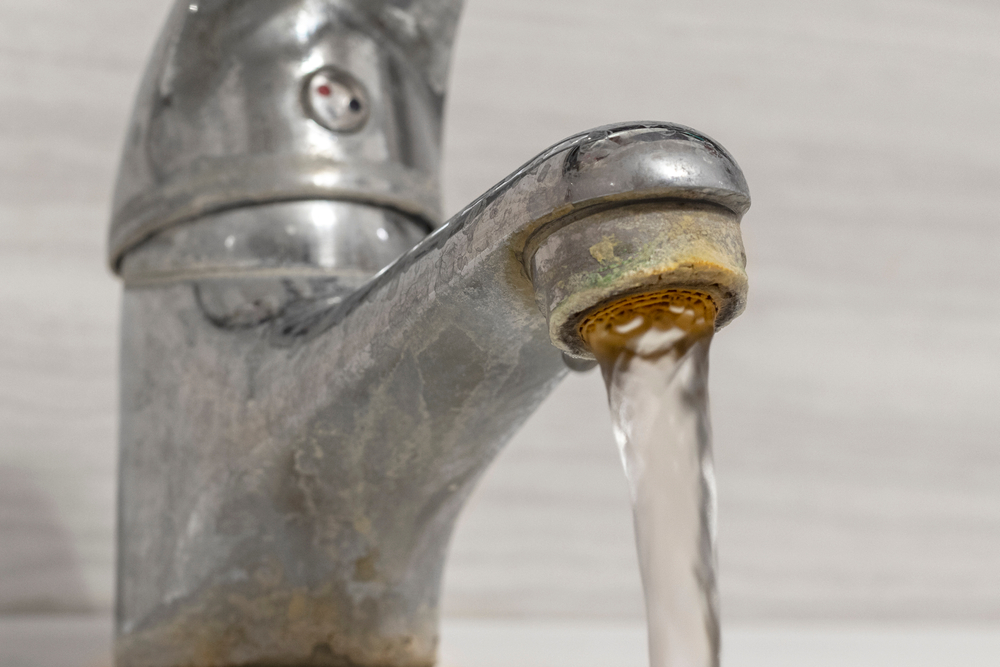
Plumbing and heating tips
How hard water affects your appliances
Find out how hard water can affect your dishwasher and washing machine, what you can do to reduce scale, and learn more about w...
Read more
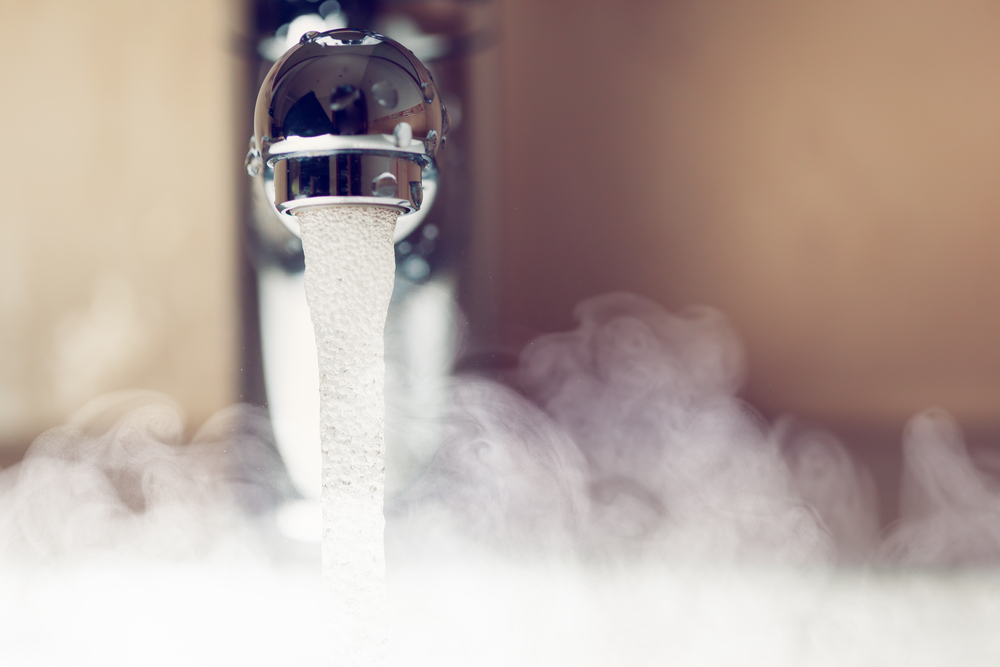
Plumbing and heating tips
No hot water? Here are some things you can check
If you're expecting warm water from your taps only to discover that you only have cold, it can be both unpleasant and incon...
Read more

Plumbing and heating tips
Easy plumbing maintenance tips
Did you know that the earliest copper piping dates from an Egyptian pyramid built 4,500 years ago? Since plumbing has been arou...
Read more
